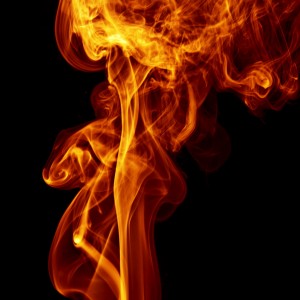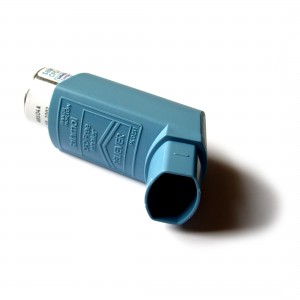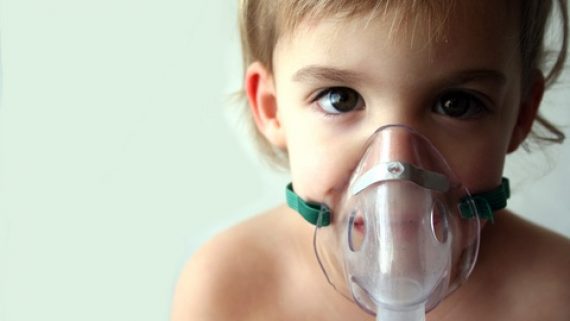 What is lung cancer?
What is lung cancer?
Lung cancer is the disease when cells in one or both of the lungs undergo abnormal changes and grow out of control. These abnormal cells cannot perform their regular function and reduce the lung’s ability to deliver oxygen to the blood. Tumors may also form as a result of the abnormal growth. In addition, similar to other cancers, lung cancer can spread to other parts of the body as the disease processes. According to 2008 statistics by the American Cancer Society, lung cancer is the second most prevalent cancer type in men and women (after prostate cancer and breast cancer, respectively), and it is the number one killer among all the cancer types.
What causes lung cancer?
Cigarette smoking is found to be responsible for the majority of lung cancer cases. Similar to other cancer types, lung cancer takes time to develop. Therefore, although lung cancer is often diagnosed among older people, the cause of the disease usually originates from a much younger age. For this reason, young people who smoke may not immediately
 What Is Asthma?
What Is Asthma?
Asthma is a chronic airway disease. It occurs when the airways in your lungs become inflamed and constricted, causing breathing problems. Signs and symptoms include:
- Shortness of breath
- A wheezing sound when breathing
- Feeling of tightness or pain on the chest
- Excessive mucus production
- Trouble sleeping caused by shortness of breath, coughing, or wheezing
What Are “Asthma Attacks”?
Asthma attacks are episodes of increased asthma symptoms characterized by tightening of airways and difficulty breathing. An attack can start suddenly, and the level of severity varies each time and from person to person. Mild attacks are more common and usually go away in minutes after taking quick-relief medications. In more severe cases, the person may become breathless, and the situation can be life threatening. People with asthma should discuss with doctors how asthma attacks should be handled and are recommended to carry quick-relief medications (usually inhalers) at all ti



